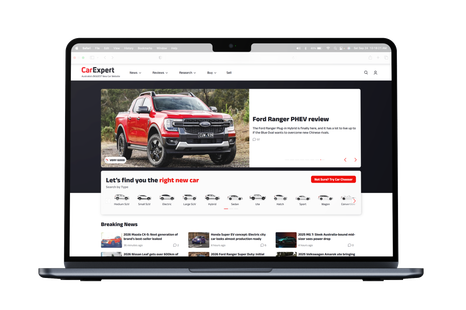

CarExpert
How to make CarExpert your preferred source on Google
1 Hour Ago
The peak body for the car industry in Australia has again warned of the dangers of counterfeit car parts, and is working with the Australian Border Force to stop them from entering the country.

News Editor
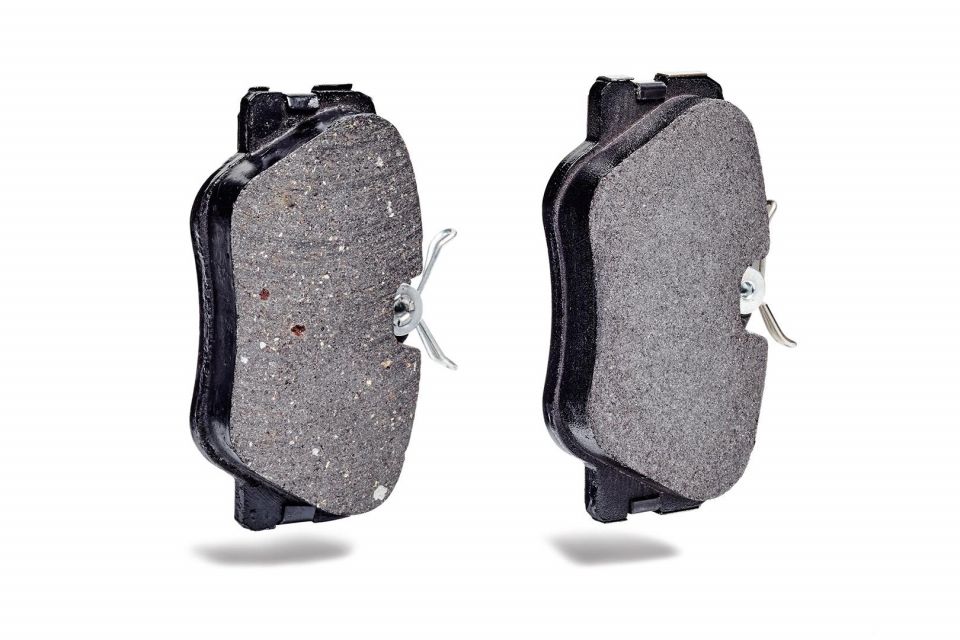

News Editor
Australian consumers need to be mindful of a surge in counterfeit parts, as using them could put them at risk.
That’s according to the Federal Chamber of Automotive Industries (FCAI), the peak body for car brands in Australia, which says an uptick in both private vehicle use and online shopping during the COVID-19 pandemic has stimulated the counterfeit part market.
It cites Daimler’s recent statement confirming over 550 raids had been conducted, with 138,000 counterfeit products – 1.7 million parts in total – confiscated in 2020.
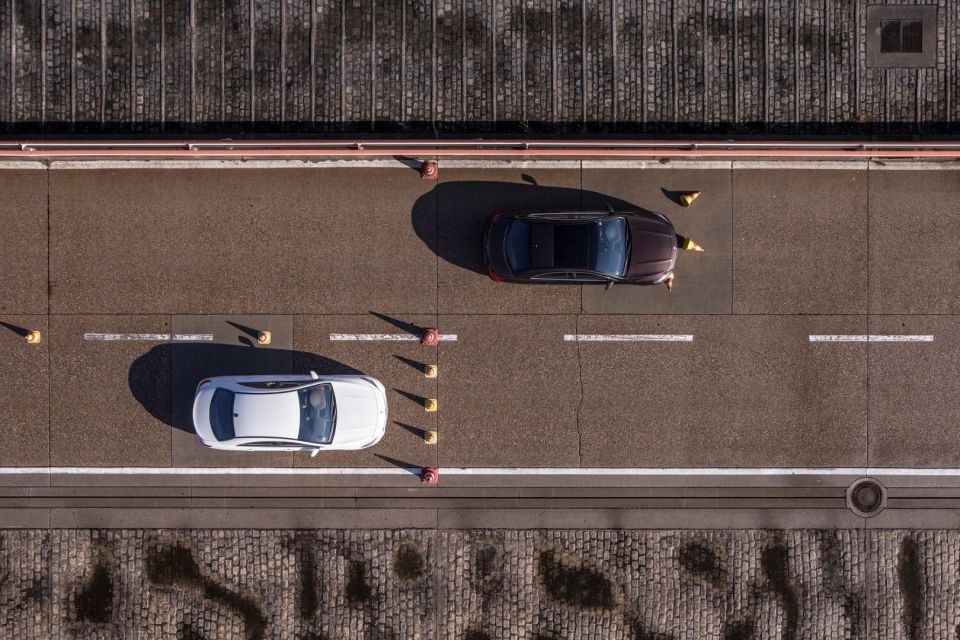
There’s reportedly been an increase in the volume of counterfeit part seizures during the pandemic, with Daimler finding the number of fake products seized having tripled compared with the same period pre-COVID.
“Car manufacturers spend years developing quality parts to the highest standards, in line with Australian design and safety rules. Data from trade association Unifab indicates that counterfeit parts achieve higher profit margins than illegal drugs,” said FCAI chief executive Tony Weber.
“This indicates fake goods are being manufactured by organised crime syndicates, likely linked with human trafficking, and likely under poor working conditions.
“Australian motorists cannot purchase counterfeit parts without putting themselves, their passengers and other road users at risk.”
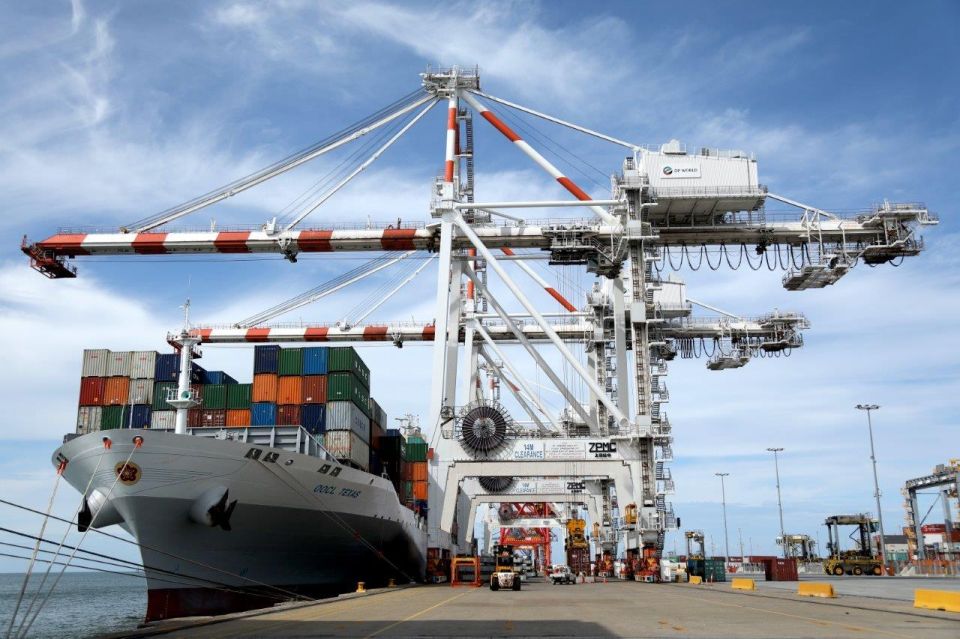
The FCAI has been running a campaign called Genuine is Best, which works with the industry and the Australian Border Force to train frontline officers to recognise counterfeit parts.
“As a direct result of this training, a noticeable increase in seizures of counterfeit vehicle parts was achieved as compared to the same period the previous year,” said a spokesperson for the Australian Border Force.
The ABF and FCAI haven’t published the total number of seizures and seized items.
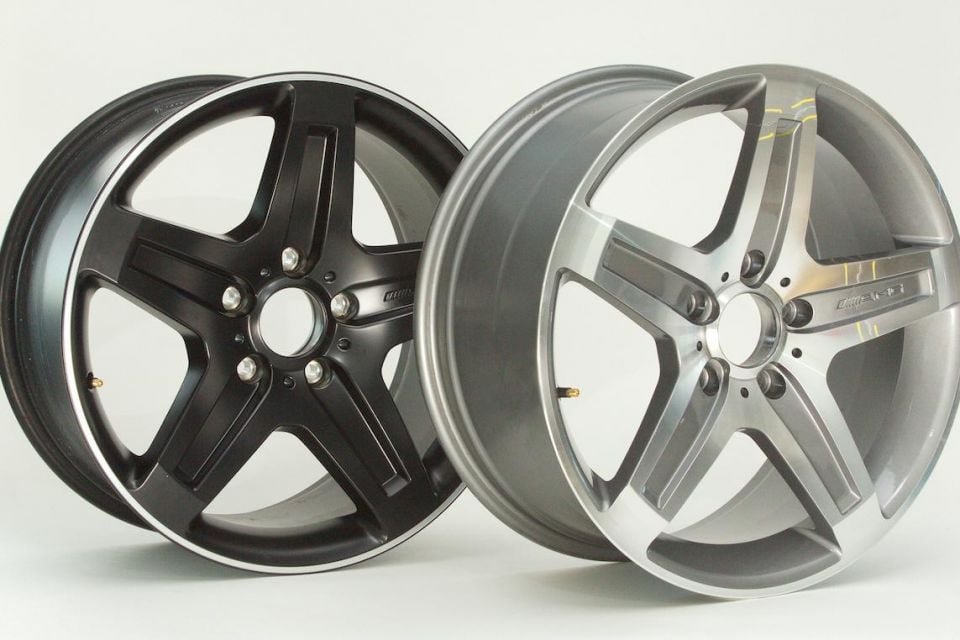
Examples of dangerous counterfeit products that have been identified include wheels that shatter in low-speed pothole impacts, oil filters that don’t filter oil and brake components containing asbestos.
In one case, the team even found brake pads made of compressed grass clippings – and no, that wasn’t a case of safe and eco-friendly upcycling.
“There is a tendency in the community to view counterfeit goods as harmless, or victimless crimes but this is misleading,” said the ABF spokesperson.
“Counterfeit vehicle parts, particularly those designed for emergency response, for example brake pads or airbags, pose significant safety risks and these consumer and broader community impacts can be significant, and sometimes fatal.”
William Stopford is an automotive journalist with a passion for mainstream cars, automotive history and overseas auto markets.


CarExpert
1 Hour Ago
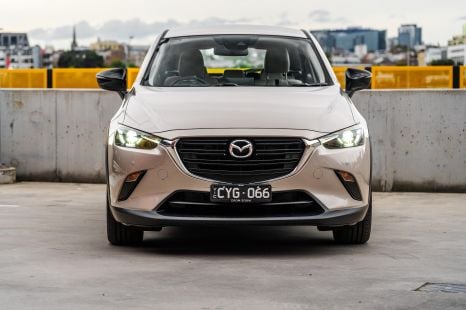

William Stopford
2 Hours Ago
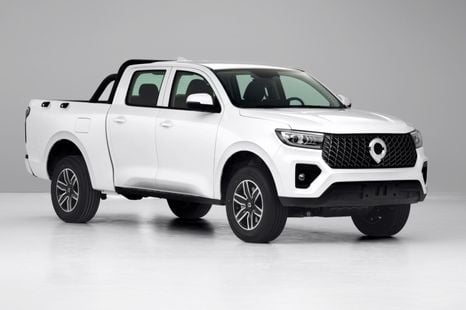

Damion Smy
3 Hours Ago
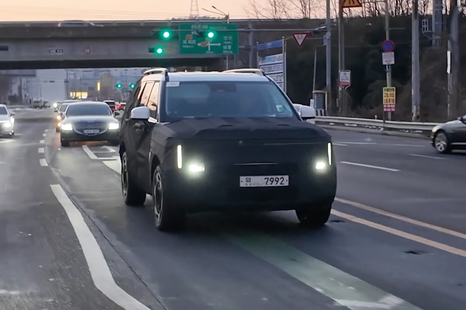

William Stopford
4 Hours Ago
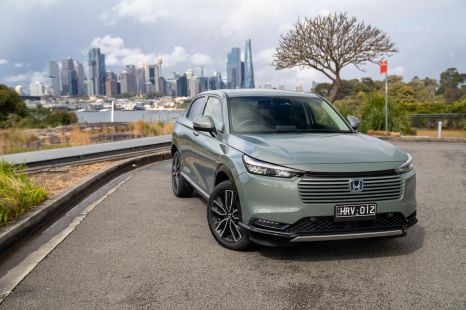

CarExpert
5 Hours Ago
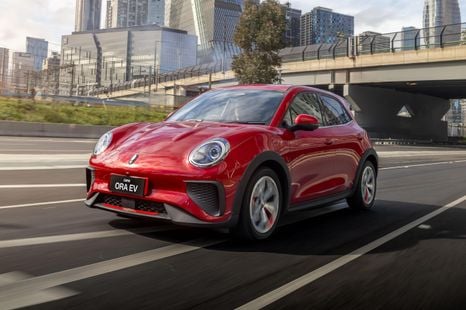

Damion Smy
7 Hours Ago
Add CarExpert as a Preferred Source on Google so your search results prioritise writing by actual experts, not AI.